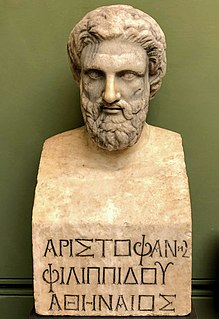A Quote by Haile Selassie
Related Quotes
It is strictly and philosophically true in Nature and reason that there is no such thing as chance or accident; it being evident that these words do not signify anything really existing, anything that is truly an agent or the cause of any event; but they signify merely men's ignorance of the real an immediate cause.
Republics demanded virtue. Monarchies could rely on coercion and "dazzling splendor" to suppress self-interest or factions; republics relied on the goodness of the people to put aside private interest for public good. The imperatives of virtue attached all sorts of desiderata to the republican citizen: simplicity, frugality, sobriety, simple manners, Christian benevolence, duty to the polity. Republics called on other virtues--spiritedness, courage--to protect the polity from external threats. Tyrants kept standing armies; republics relied on free yeomen, defending their own land.
A state too expensive in itself, or by virtue of its dependencies, ultimately falls into decay; its free government is transformed into a tyranny; it disregards the principles which it should preserve, and finally degenerates into despotism. The distinguishing characteristic of small republics is stability: the character of large republics is mutability.
World dictatorship can be established only when the victory of socialism has been achieved in certain countries or groups of countries ... [and] when these federation of republics have finally grown into a world union of Soviet Socialist Republics uniting the whole of mankind under the hegemony of the international proletariat organized as a state.










































